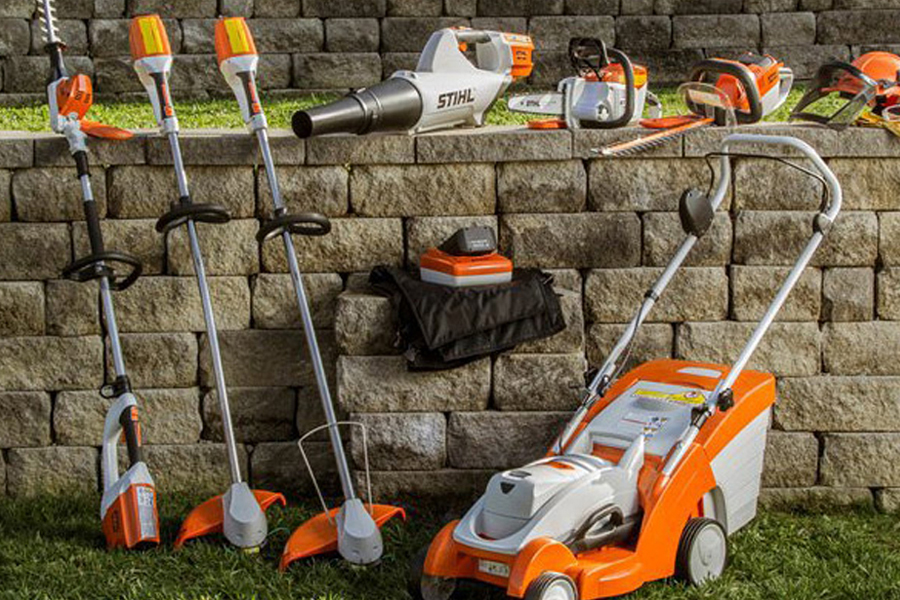Green Thumbs Unite: Exploring the Best Gardening Tools and Techniques
Gardening is a wonderful hobby that allows you to connect with nature, beautify your surroundings, and even grow your own food. To make the most of your gardening endeavors, it’s important to have the right tools and techniques at your disposal. In this discussion, we’ll explore some of the best gardening tools and techniques that can help you achieve success in your garden.
Essential Gardening Tools:
a. Hand Trowel: A hand trowel is a versatile tool for digging small holes, transplanting seedlings, and removing weeds.
b. Pruning Shears: Pruning shears are essential for trimming and shaping plants, removing dead branches, and harvesting flowers or vegetables.
c. Garden Fork: A garden fork is useful for loosening compacted soil, turning compost, and digging up root vegetables.
d. Garden Hoe: A garden hoe is ideal for cultivating the soil, removing weeds, and creating furrows for planting seeds.
e. Watering Can or Garden Hose: Adequate watering is crucial for plant health, and a watering can or garden hose will help you deliver water precisely where it’s needed.
f. Garden Gloves: Protect your hands from thorns, prickly plants, and blisters with a sturdy pair of garden gloves.
g. Wheelbarrow: A wheelbarrow comes in handy for transporting heavy materials like soil, mulch, or plants.
Techniques for Successful Gardening:
a. Soil Preparation: Start by preparing the soil in your garden bed. Remove any weeds, rocks, or debris, and loosen the soil with a garden fork or tiller. Amend the soil with organic matter like compost or well-rotted manure to improve its fertility and structure.
b. Companion Planting: Some plants have natural affinities for each other, and companion planting involves growing compatible plants together. This technique can enhance pollination, repel pests, and improve overall plant health.
c. Watering Techniques: Water your garden deeply and less frequently, encouraging plants to develop deep root systems. Avoid overhead watering in the evening to prevent fungal diseases. Instead, water the base of plants early in the morning.
d. Mulching: Apply a layer of organic mulch, such as straw, wood chips, or compost, around your plants. Mulch helps retain moisture, suppresses weeds, moderates soil temperature, and improves the overall health of your garden.
e. Integrated Pest Management (IPM): Implement IPM strategies to control pests in an environmentally friendly manner. This involves using natural predators, physical barriers, companion planting, and only resorting to organic pesticides as a last resort.
f. Crop Rotation: Rotate the types of plants you grow in different areas of your garden each year. Crop rotation helps prevent the buildup of pests and diseases in the soil, improves soil fertility, and ensures a more balanced garden ecosystem.
Remember, gardening is a continuous learning process, and experimentation will help you discover what works best for your specific garden and climate. Enjoy the journey and embrace the rewards of nurturing and growing beautiful plants.
Exploring the best gardening tools and techniques can bring about several benefits for gardeners. Here are some of the advantages:
Improved Efficiency: Having the right tools for the job allows you to work more efficiently in your garden. Whether it’s a trowel for precise planting, pruning shears for maintaining plant health, or a wheelbarrow for transporting heavy materials, using the appropriate tools can save you time and effort.
Enhanced Plant Health: Proper gardening techniques contribute to the overall health of your plants. Soil preparation, including amending with organic matter, promotes nutrient availability and drainage. Watering techniques and mulching help maintain optimal moisture levels and protect plants from extreme temperatures. These practices create a healthy growing environment, reducing the risk of diseases and promoting robust plant growth.
Increased Productivity: When you employ the right tools and techniques, you can maximize the productivity of your garden. Companion planting and crop rotation can improve pollination, pest control, and soil fertility, resulting in higher yields of fruits, vegetables, or flowers. By implementing efficient practices, you can make the most of your gardening space and resources.
Environmental Sustainability: Many gardening tools and techniques promote sustainability and eco-friendliness. Using organic fertilizers and compost enriches the soil without harmful chemical runoff. Integrated Pest Management (IPM) reduces reliance on synthetic pesticides, fostering a healthy garden ecosystem. Employing water-efficient practices and mulching helps conserve water resources. By adopting these sustainable approaches, you contribute to the health of the environment.
Enjoyment and Stress Relief: Gardening is not just about the end results; it’s also a therapeutic and enjoyable activity. Having the right tools and using effective techniques can enhance your gardening experience. With well-maintained tools, you can work comfortably and efficiently, reducing frustration. Employing successful techniques allows you to witness the positive impact on your garden, bringing a sense of accomplishment, joy, and stress relief.
Learning and Skill Development: Exploring different gardening tools and techniques opens up opportunities for learning and skill development. As you experiment with various methods, you’ll gain knowledge about plant biology, soil science, and pest management. Over time, you’ll become more adept at selecting the right tools for specific tasks and adapting techniques to suit your garden’s unique needs.
In conclusion, exploring the best gardening tools and techniques offers numerous benefits, including improved efficiency, enhanced plant health, increased productivity, environmental sustainability, enjoyment, and skill development. By incorporating these practices into your gardening routine, you can create a thriving and fulfilling gardening experience.

